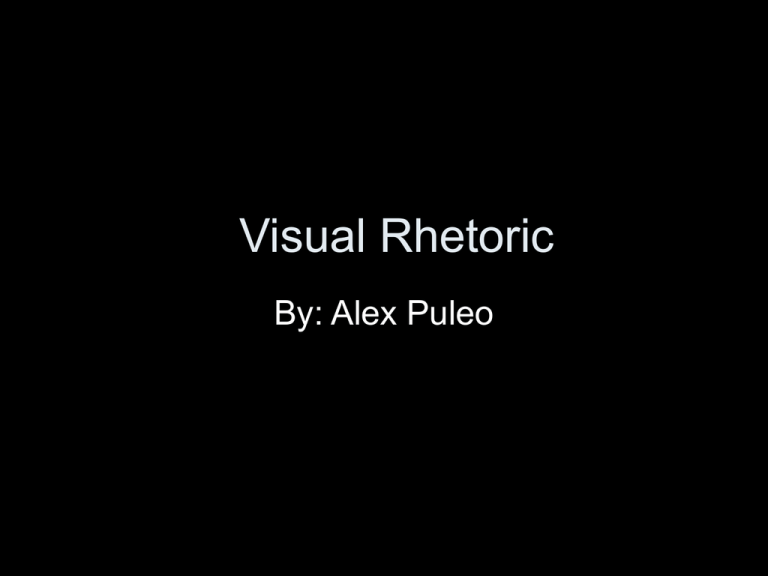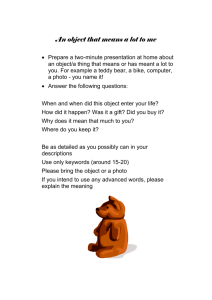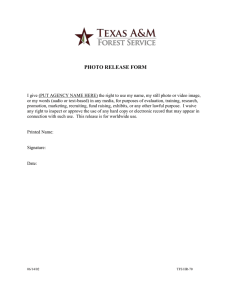Visual Rhetoric By: Alex Puleo
advertisement

Visual Rhetoric By: Alex Puleo What did you see first? I first noticed the multiple cuts on the arm. Noticing the cuts first, you immediately label that person as a ‘cutter.’ But after reading the words; you realize the person has moved on and changed. What was the purpose of this photo? The purpose of this photo was to relay the conception that although your past does shape you, anybody has the possibility to change themselves. Who is the audience? The audience is anybody who even thought about harming themselves. They can learn from this photo that life goes on, and with it, they could to. Why is this photo ambiguous? This photo is ambiguous so that the audience is not specified to any one gender or age. What’s the logical appeal? Knowing millions of Americans, young and old alike, struggle with self-harming thoughts, we can infer that many of these people move on, considering we are around many people that may be going through these events every day. What’s the emotional appeal? This photo brings forth the emotions of sympathy, compassion, and a yearning to console with that person. Another possibility is that one could be understanding. What establishes this visual’s credibility? Provided that the photo has been blurred around the edges with a high resolute image, one could infer that a company or program of some sort has created it.

